An order of protection can have significant consequences on your life. If someone gets an order of protection against you, it’s essential to understand what it means, how to respond, and the steps you need to take to protect your rights.
What Should You Do if Someone Gets an Order of Protection Against You?
If someone gets an order of protection against you in Illinois, you need to act quickly and carefully. This guide explains the following:
- Understanding the order of protection
- Complying with the order
- Collecting and documenting evidence
- Preparing for the hearing
- Working with a lawyer
Here’s a closer look at each.
Understanding the Order of Protection
An order of protection is a legal document issued by a court to protect a person from abuse, harassment, or threats. It can include various restrictions, such as no-contact orders, eviction from a shared residence, and temporary custody of children. Orders of protection can be issued in cases of domestic violence, including domestic battery. You must read the order carefully to understand the restrictions and requirements. Failure to comply with the order can result in severe legal consequences, including arrest and additional charges.
Related: Domestic battery charges in Illinois
Complying With the Order
Complying with the order of protection is crucial. This means you must follow all the terms outlined in the order, such as avoiding contact with the person who requested it, staying away from specific locations, and adhering to any custody arrangements. Do not attempt to contact the person who obtained the order, even indirectly through friends, family, or social media. Any violation of the order can lead to arrest and additional legal problems. Compliance shows the court that you respect the legal process and are willing to follow the rules.
Collecting and Documenting Evidence
Collecting and documenting evidence is essential to defend yourself against the order of protection. Gather any evidence that can support your case, such as text messages, emails, phone records, and witness statements. This evidence can help show that the allegations against you are unfounded or exaggerated. Keep a detailed record of any interactions or incidents related to the case. This documentation can be essential in proving your side of the story during the hearing.
Preparing for the Hearing
The court will schedule a hearing to determine whether to extend or modify the order of protection. Preparing for this hearing is critical. Review all the evidence and documentation you have collected, and be ready to present it in court. Think about what you want to say and how to explain your side of the story clearly and concisely. If there are witnesses who can support your case, make sure they are available and willing to testify. Being well-prepared can make a significant difference in the outcome of the hearing.
Related: How to get ready for a domestic battery trial
Working With a Lawyer
Having a skilled lawyer can be an important part of effectively dealing with an order of protection. Your lawyer can help you understand the order, ensure you comply with its terms, and build a strong defense. They will assist you in gathering and presenting evidence, preparing for the hearing, and representing you in court. A lawyer can also negotiate with the opposing party to seek modifications or dismissal of the order, if appropriate. Legal representation can help protect your rights and get you the best possible outcome.
Related: How to defend against false allegations of battery
FAQ About Orders of Protection
Check out these commonly asked questions about orders of protection in Illinois. If you don’t see your question here, please call our office and we’ll find you the answers you need.
What Is an Order of Protection?
An order of protection is a legal document issued by a court to protect a person from abuse, harassment, or threats. It includes various restrictions and requirements that the respondent must follow.
How Should I Respond If I Receive an Order of Protection?
If you receive an order of protection, read it carefully, comply with all its terms, and contact a lawyer immediately. Avoid any contact with the person who obtained the order and gather evidence to defend yourself.
What Are the Consequences of Violating an Order of Protection?
Violating an order of protection can result in arrest, additional charges, and harsher penalties. It’s crucial to follow all the terms outlined in the order to avoid legal consequences.
How Can a Lawyer Help With an Order of Protection?
A lawyer can help by explaining the order, ensuring compliance, gathering evidence, preparing for the hearing, and representing you in court. They will work to protect your rights and get you the best possible outcome.
Can an Order of Protection Be Modified or Dismissed?
Yes, an order of protection can be modified or dismissed under certain circumstances. Your lawyer can help you request modifications or seek dismissal based on the evidence and legal arguments.
Do You Need to Talk to an Attorney About Domestic Battery Defense?
If you need to talk to a domestic battery defense attorney in Illinois, we’re here to help. Call us at 847-920-4540 now – we’ll be happy to give you a free consultation and talk to you about your options.

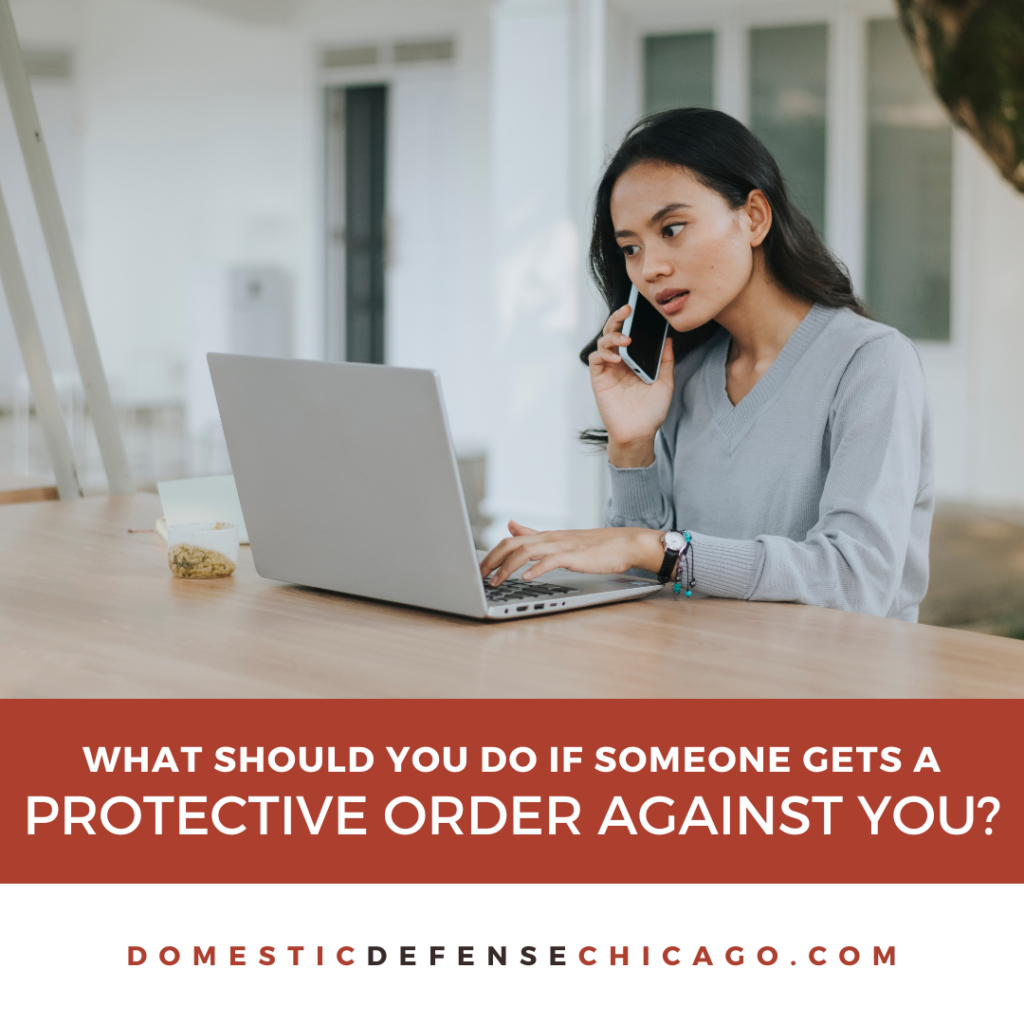
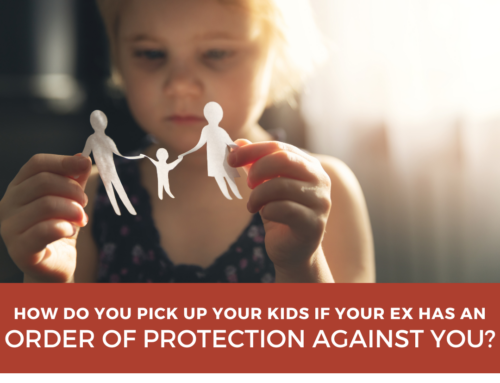
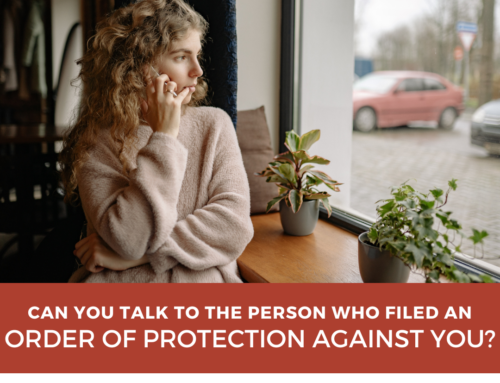
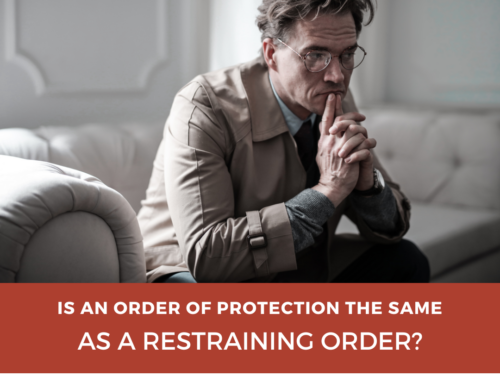
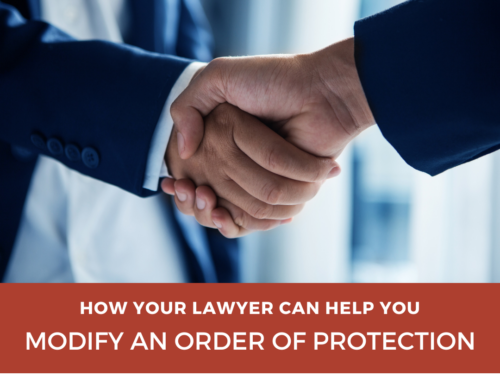
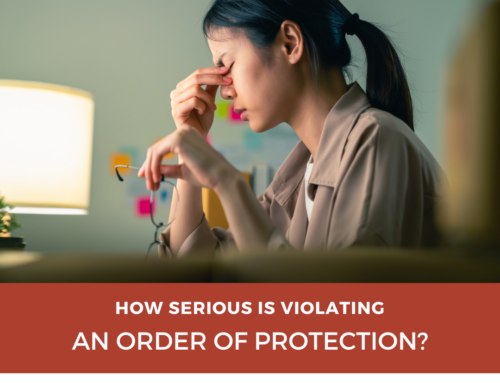
Leave A Comment
You must be logged in to post a comment.